Zencastr borked on me, so there’s an abrupt ending, but I’m talking about self-publishing careers vs. trad-pub ones, AI and creativity, and writing a book that is an artistic conversation with another book.

RITA ® Award-Winning Author of Fantasy Romance
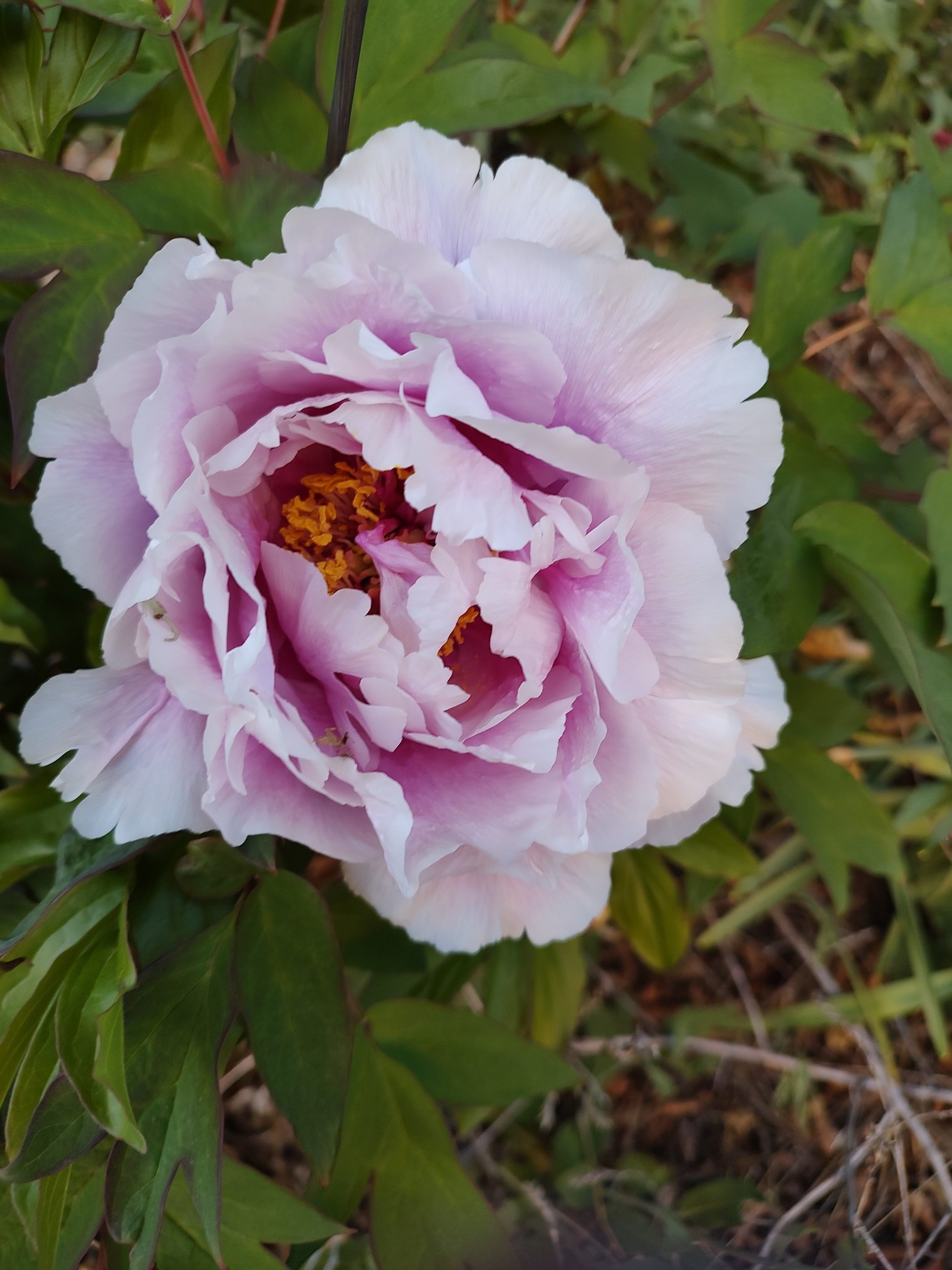
Zencastr borked on me, so there’s an abrupt ending, but I’m talking about self-publishing careers vs. trad-pub ones, AI and creativity, and writing a book that is an artistic conversation with another book.

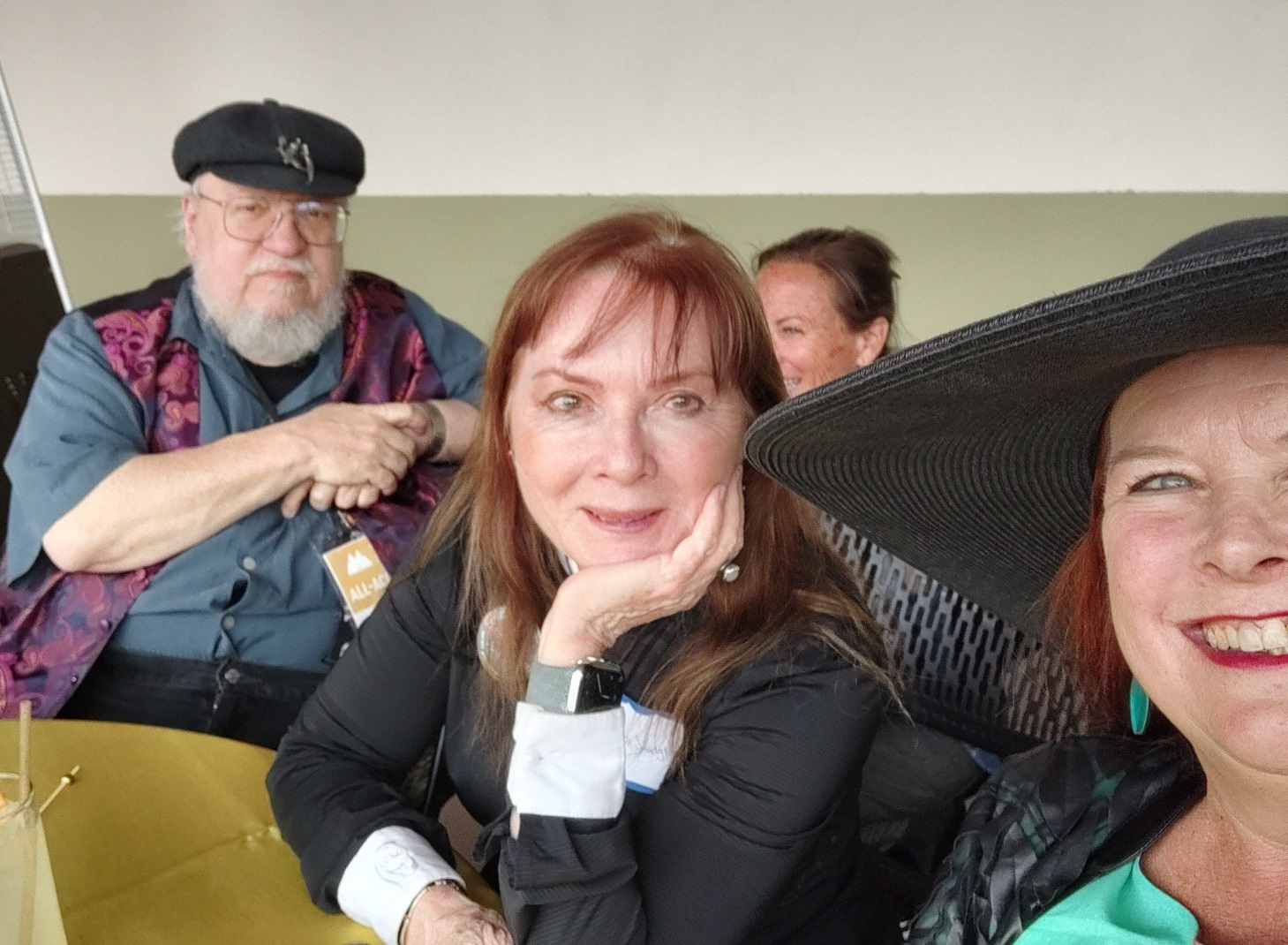
A roundup of my travels and socializing: Nebula Conference, the Santa Fe International Literary Festival, New Mexico Writers, literary snobbery, tail-sniffing, and repping genre writers who keep the industry going!
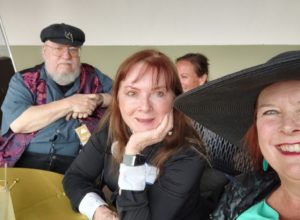
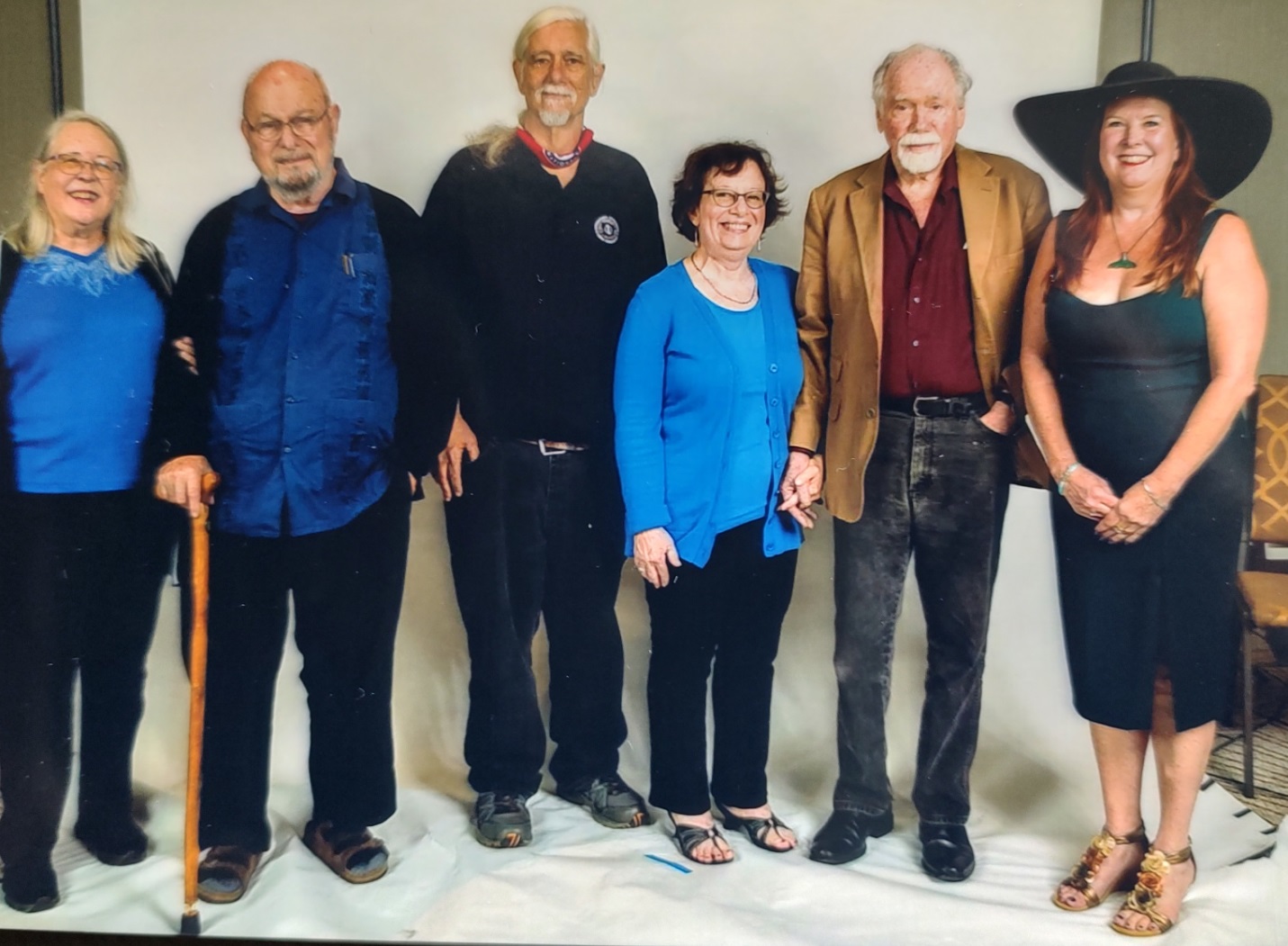
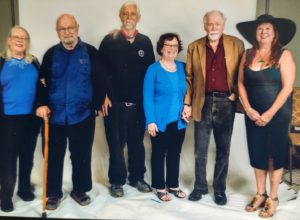
I’ve just returned from Nebula Conference and this moment was a highlight: the photograph of SFWA past-presidents in attendance. From left is Gay Haldeman, SFWA Ombudsman; Joe Haldeman, SFWA Grandmaster and past-president; Michael Capobianco, past-president; Karen Silverberg, novelist; Robert Silverberg, SFWA Grandmaster and past-president; and lil’ ol’ me. Quite a heady experience!
This week at the SFF Seven, we’re talking about the Picking and Choosing—how do you decide which idea to write?
This is the eternal question, with many factors affecting the answer.
Some factors are practical, especially if you make your living as a writer, as I do. To keep that income flowing, I have to think about the next book in the series – both for the sales and to keep my readers happy – and I have to look at what’s selling best for me. Likewise, in working with my agent – the fabulous Sarah Younger at Nancy Yost Literary Agency – I coordinate with her on what she thinks she can sell for me, along with her schedule, balancing me with her other clients on reading, editing, etc.
Then there’s the creative side…
As we develop as writers, one of the primary skills and disciplines we must learn is how to *finish* a work. There are a lot of would-be authors out there with a few to dozens of unfinished manuscripts. It’s a thing and you HAVE to learn to overcome it. A big piece of learning to finish a work is setting aside the New Shinies – the ideas that turn up, alluring as fae lights in the darkness, luring the unwary writer into a merry chase that leads nowhere. By the time the writer returns from the wild pursuit of flickering delight, their work in progress has aged and they have nothing to show for their efforts.
Then again…
Sometimes an idea descends and demands to be written. It’s only happened to me a few times, but it’s happened recently and – though I have lot practice, skill, and discipline at resisting the siren song of the New Shiny – I finally capitulated to writing it. We’ll see what happens.
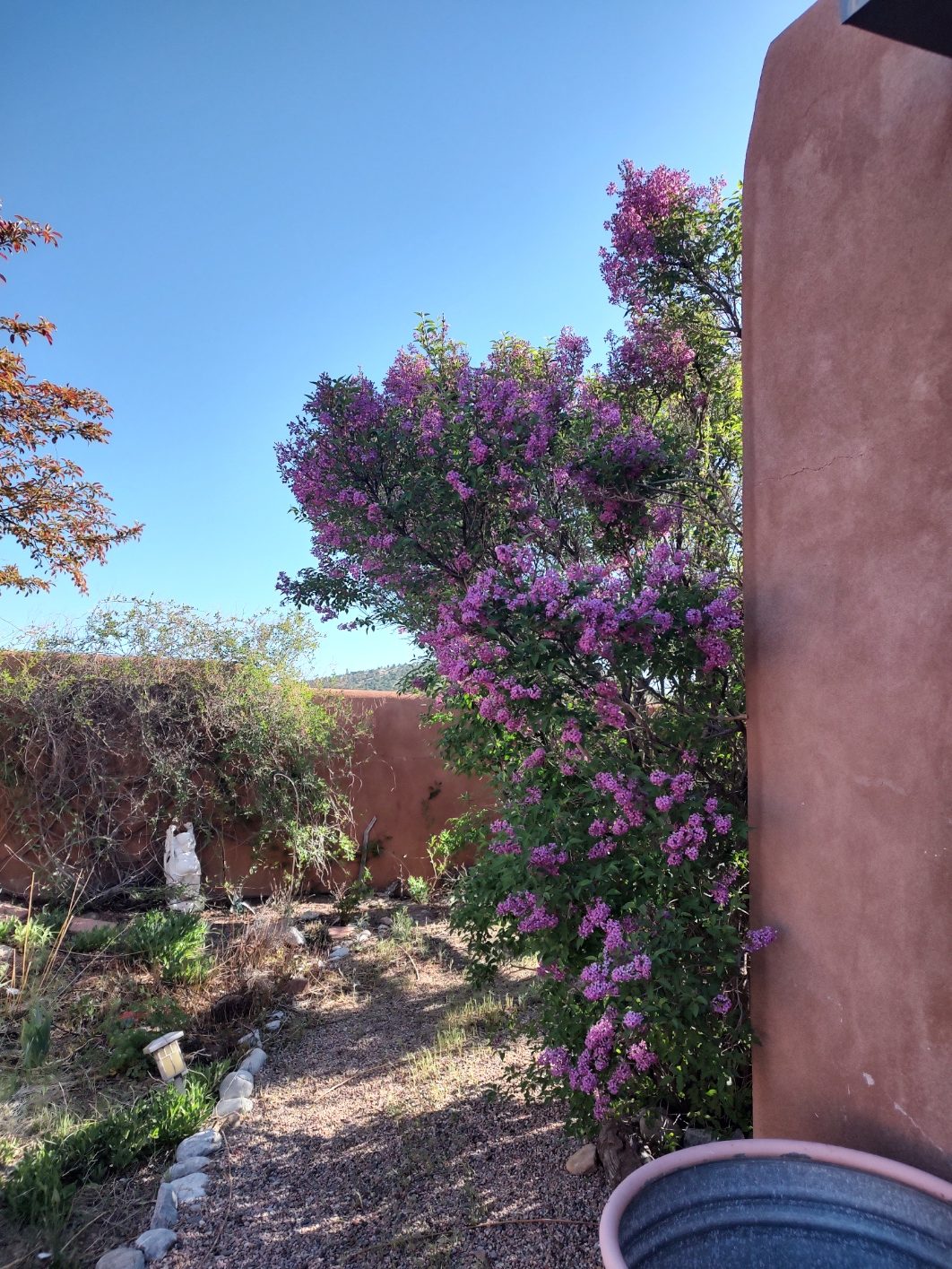

This week at the SFF Seven, we’re talking the business side of being a writer.
In our fantasies of being famous and beloved authors, we envision many things: bucolic writing sessions, romantic candlelit garrets with wine- and quill-strewn desks, celebrations with adoring fans, bookstore windows filled with our bestseller. (What’s yours? I’d love to know!) We (or, at least, I didn’t) don’t picture ourselves slaving at the computer, going cross-eyed over royalty statements or struggling to ramp up on the newest social media trend.
Many of us creatives don’t love the business side of being a writer. I mean, there’s a reason we took literature, theater, and art classes in college instead of Economics, and that we only knew where the business school was because we occasionally had to meet one of our friends there. With a few exceptions, as creatives, business is not our favorite learn.
But we have to learn to do it and we have to learn to do it WELL.
If we don’t, people will take advantage of us and, believe me, there are plenty lined up to do just that. There are ample cautionary tales of authors handing over the business aspects of their careers to someone else and losing everything. Even if it doesn’t go that badly, we run the risk of making foolish choices out of ignorance.
How much time do I spend on the business aspect of my writing life? A lot. At least as much time as I spend actually writing, possibly even twice as much, or even three times. Because I’m a hybrid author, self-publishing my books counts as me running a small, highly exclusive publishing company. It takes hours every day. On the trad publishing side, even though I have an agent who is amazing and efficient, I still have to spend a fair amount of time on back and forth with her – all business. And then there’s conventions and conferences, which are basically all business. Chatting with my author friends is fun and social, but also? Business.
The way I see it, since I write full-time and have no other job, anything I spend my time on that isn’t drafting or editing words counts as business. I take it very seriously.
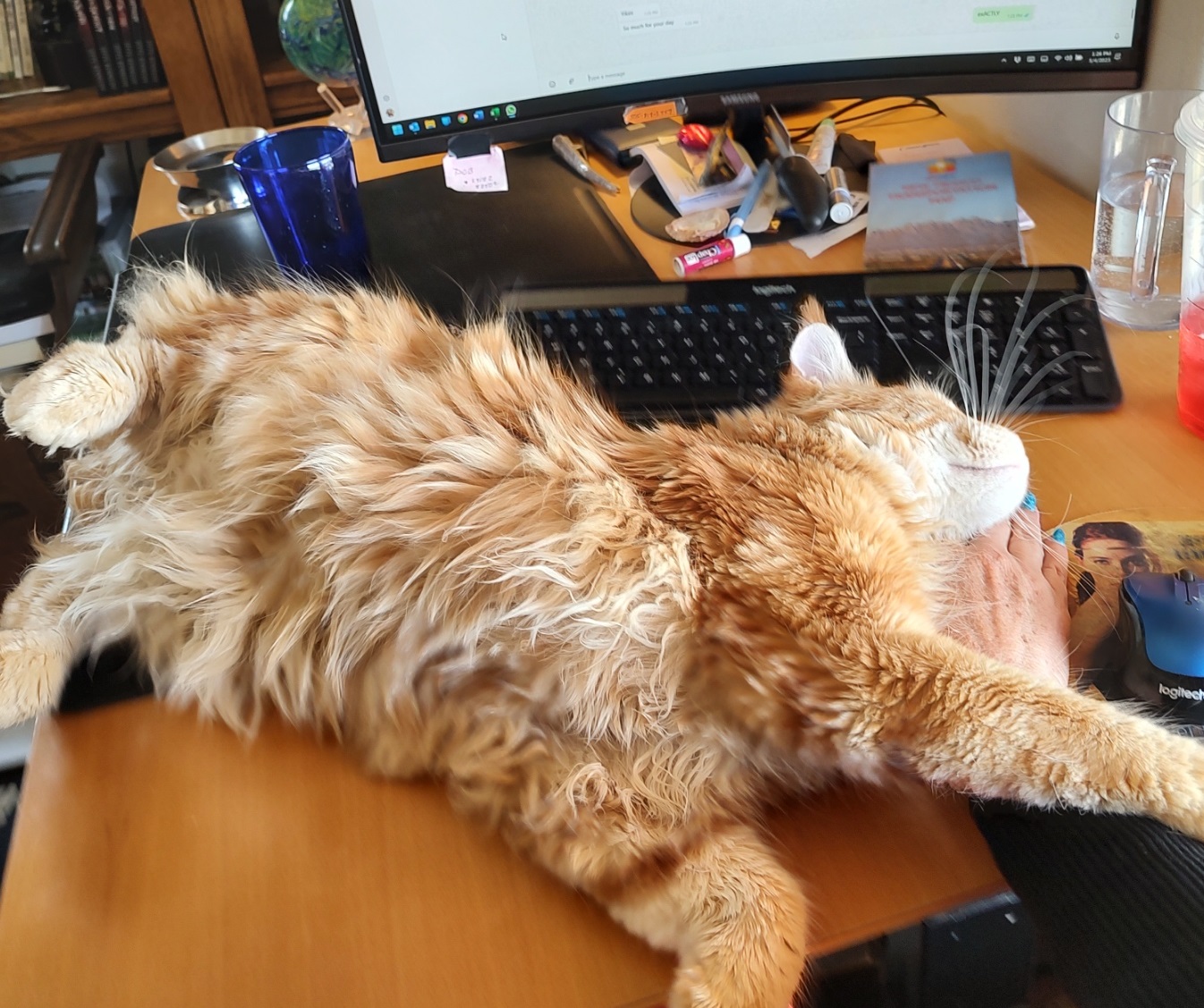
A bit of advice on how Patreon works, about my meeting with Graphic Audio and how fantasy words like “Cosmere” become part of the industry lingo, and some <
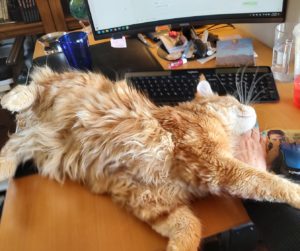
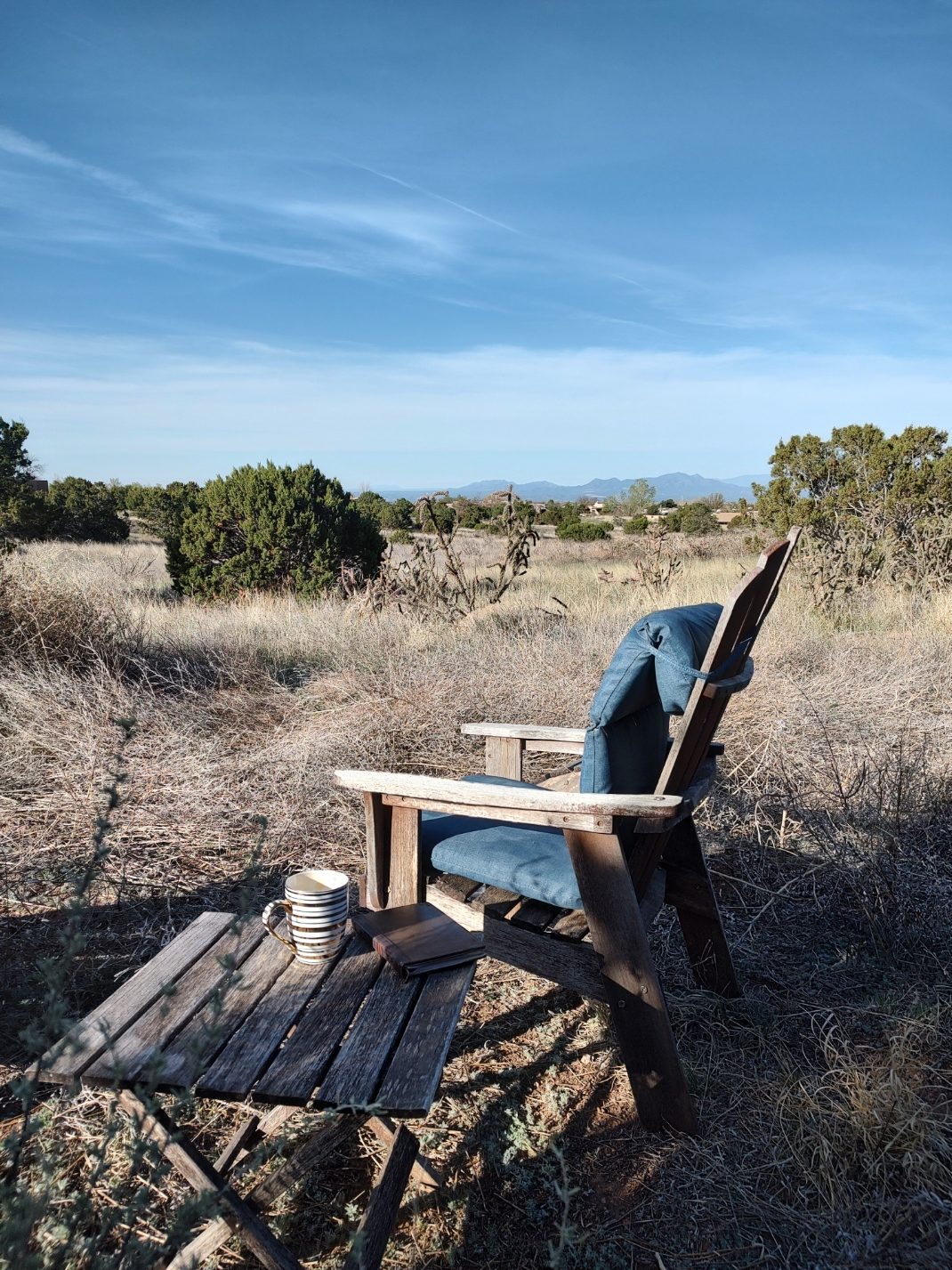

Our topic at the SFF Seven this week is somewhat cryptic, at least how it’s noted on our calendar: Long books – how not to get bored.
It’s not entirely clear to me who’s attempting to avoid boredom here. The writer? The reader?
Hopefully not the reader! Most of us readers who love to read long books are totally in it for the long, for the full immersion into another world, living other lives. I suspect the principles for writing a long book that won’t bore readers are the same as writing *anything* at all. We never want to bore readers.
So, I’m going to assume we’re asking about getting bored writing long books. How to avoid that?
You can’t.
Sorry, but… sometimes writing is boring. Sometimes it’s fun. Sometimes it’s agonizing. Writing novels, especially very long ones, requires a particular skill set of paying attention to, and working incrementally on, a work that takes a very long time to complete.
The whole point is not to try to avoid boredom with the process. The point is to revise your expectations.
Writing is work. This is why there are so many people who SAY they always wanted to write a novel and such a vanishingly smaller percentage who have. An even smaller percentage of that subset ever write more than six books. It’s hard work and there’s a reason we distinguish work from fun. Writing may be occasionally fun, but it’s always work.
What’s important to keep in mind is that the experience of writing is not the experience of reading. Don’t conflate the two. One of my least favorite pieces of “writing advice” is the saw that “if the writer is bored writing it, the reader will be bored reading it.”
NOT TRUE.
Writing takes vastly longer than reading. Every one of us who has spent months writing a book that releases at midnight and then wakes up to comments from readers who read it overnight understands this truth viscerally. Writing a novel, especially a long novel, requires patience and attention over a long span of time.
So: don’t worry about finding ways to not get bored while writing long works. Accept that boredom is part of the process. It’s part of the price we pay.
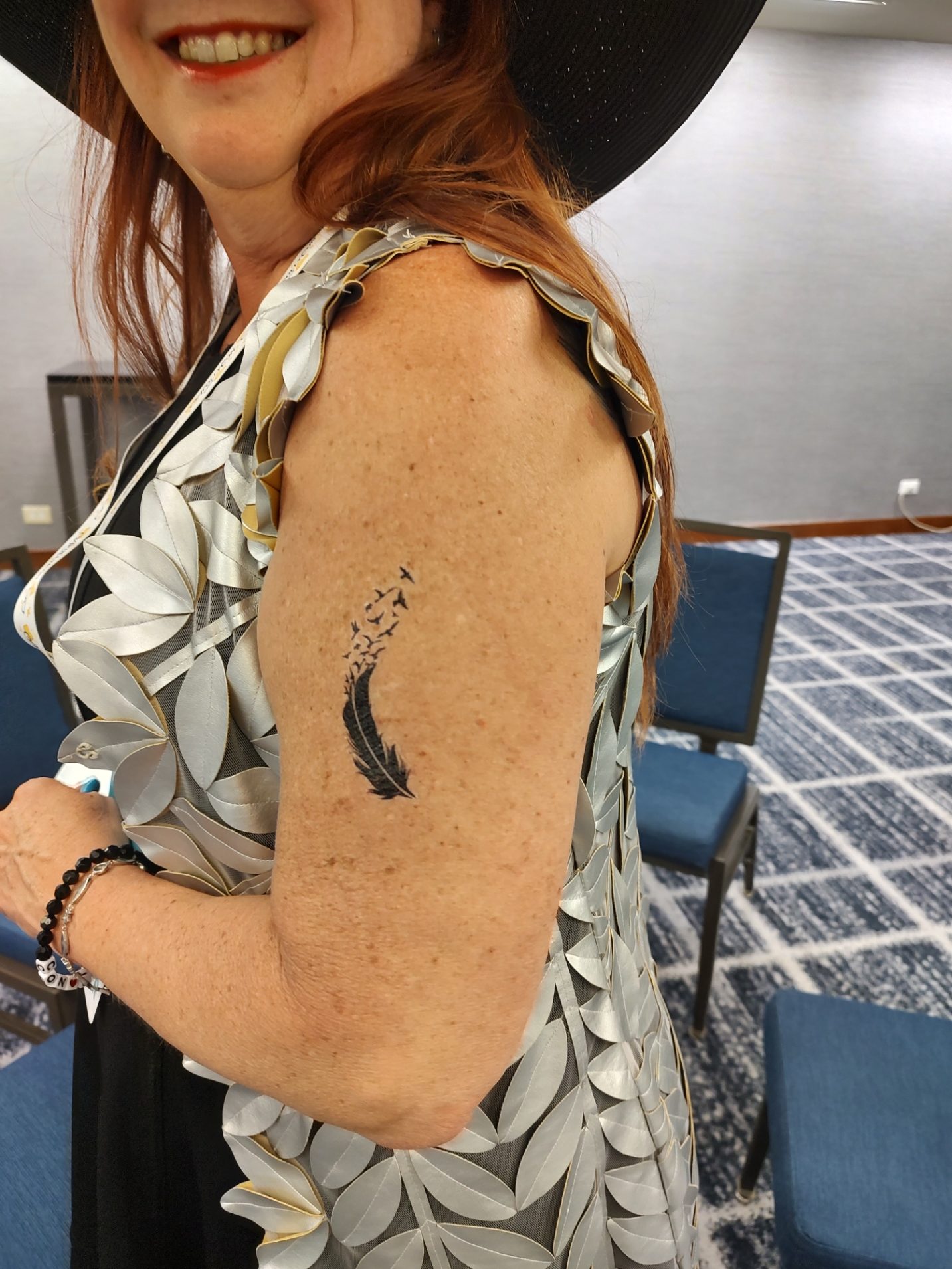
My roundup of Apollycon and attendant fabulousness, along with thoughts on how industry events have shifted, particularly within the romance circles, and a bit on manifestation and gratitude.
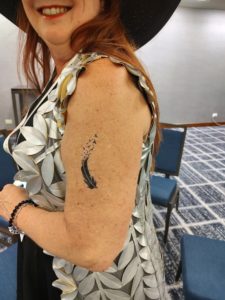
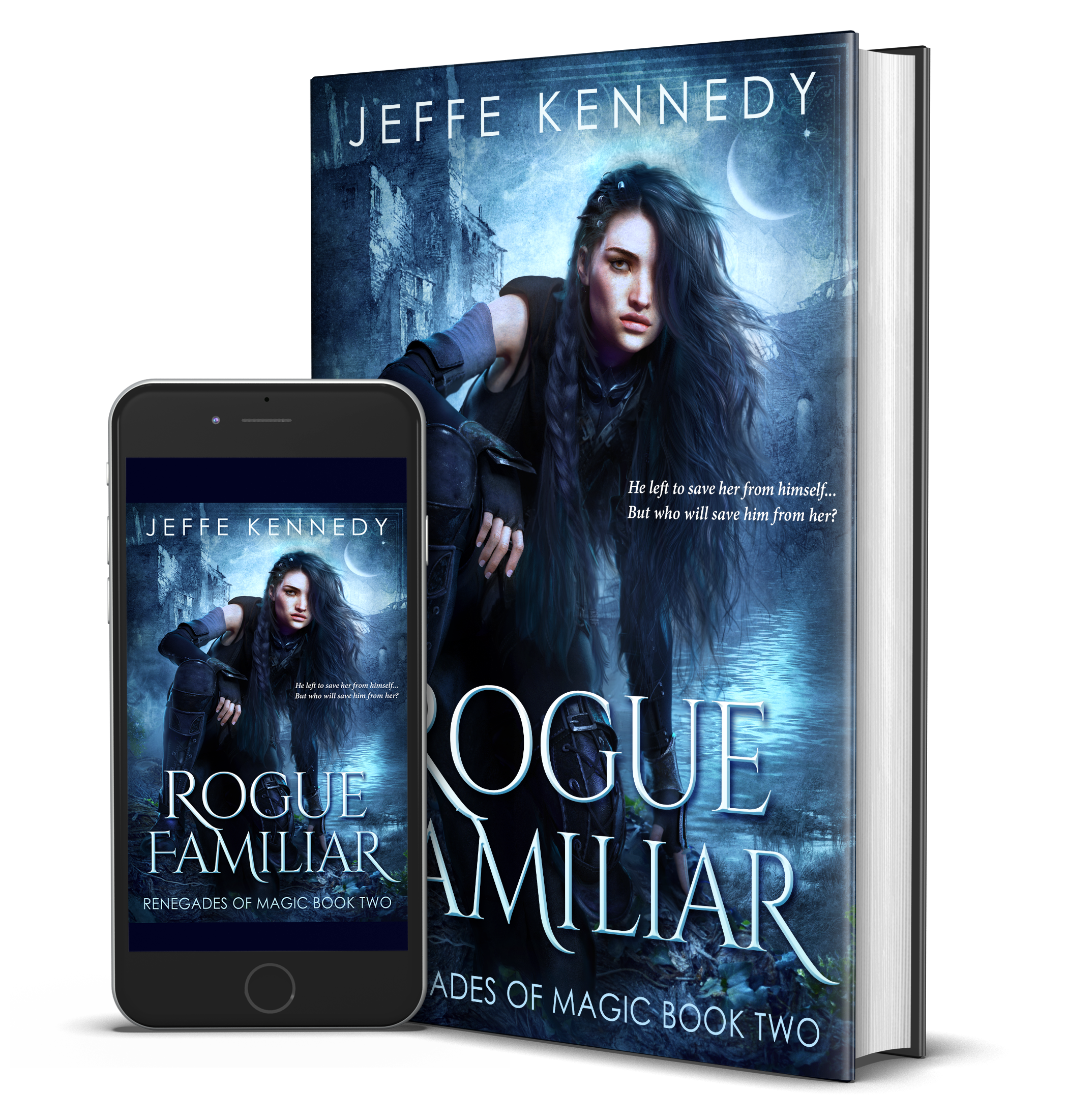
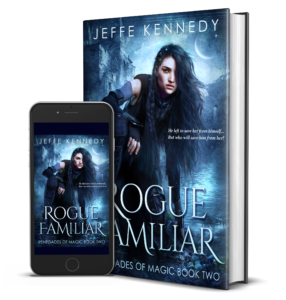
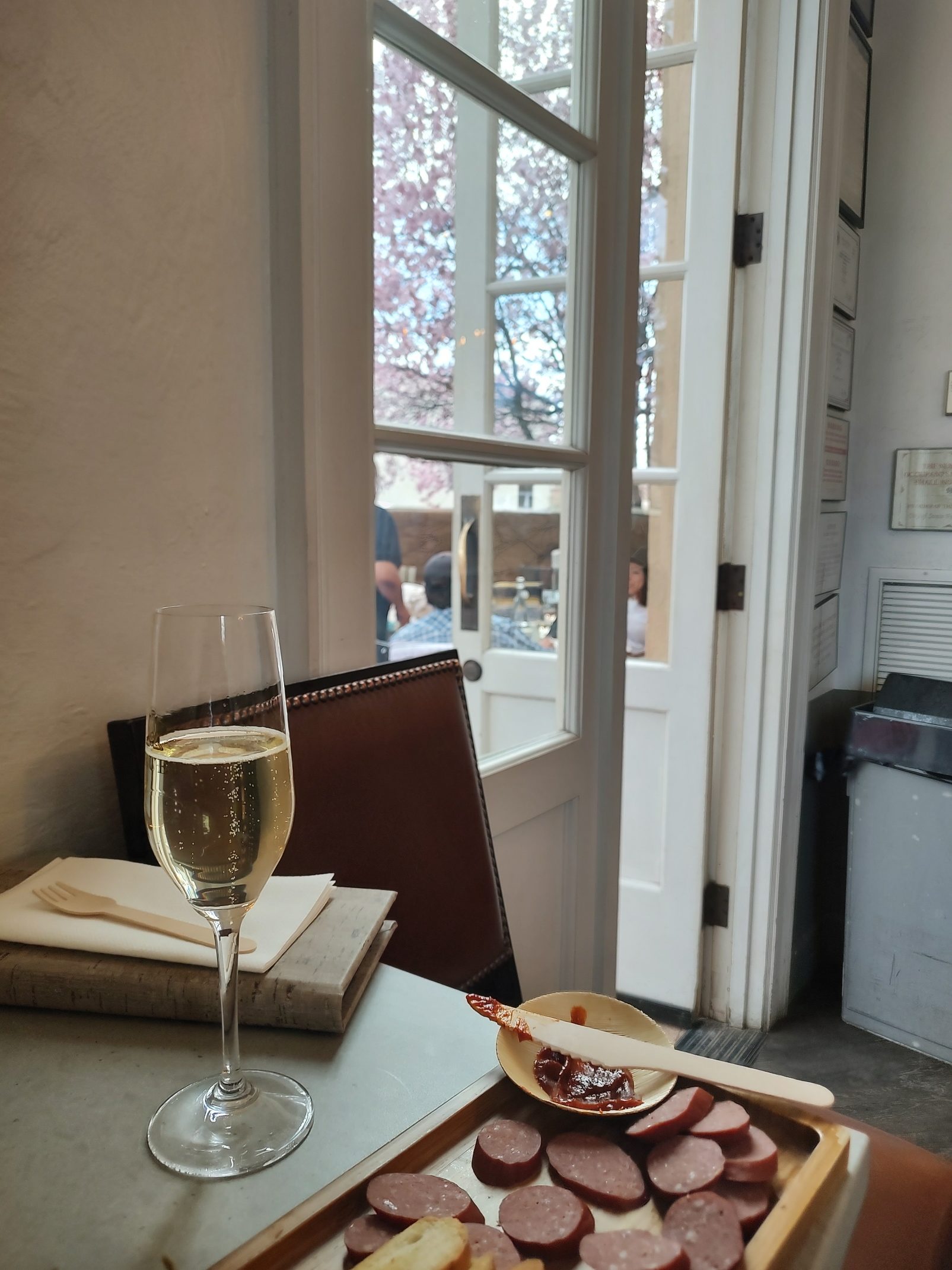
How to graciously answer that invidious question: “Have I heard of you?” Also, some lovely early feedback on ROGUE FAMILIAR – just released!!! – and how we don’t always know what we’re writing.
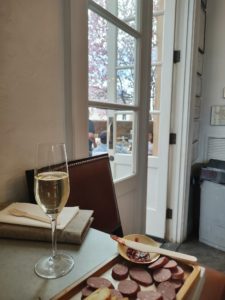
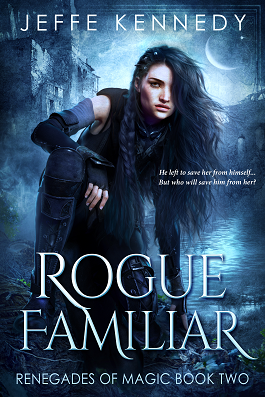
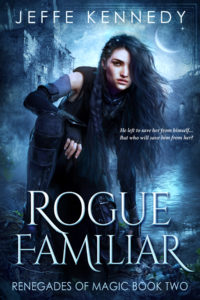
He left to save her from herself… But who will save him from her?
When Lady Seliah Phel wakes from a drugged sleep to find herself abandoned by her newly bonded wizard, she vows revenge—and to hunt him down. Tracking him through the familiar wilds of the marshlands of her home is the easy part; learning to use her nascent magical skills is something else entirely. So is facing the vast, uncaring society of the Convocation in a time of brewing war.
Jadren El-Adrel is not known for doing the right thing, but getting as far away from Seliah as possible before he drains her dry will be his one noble gesture. So what if she weeps a few tears. Better than her dying in his service—or enabling him to become the ravenous beast that crawls beneath his skin. Unfortunately, in his self-imposed exile, and without the power of his familiar, Jadren quickly runs afoul of the enemy.
As her vengeful quest for recapture becomes a rescue mission, Selly faces all she still doesn’t know about the greater world of wizards and familiars. And Jadren, once determined to walk his own path and stay far, far away from the idealistic fools of House Phel, finds himself aligning with them against the house of his birth. War is coming to the Convocation, which means a clever wizard should pick the side most likely to win.
Sadly, Jadren has never been all that clever…